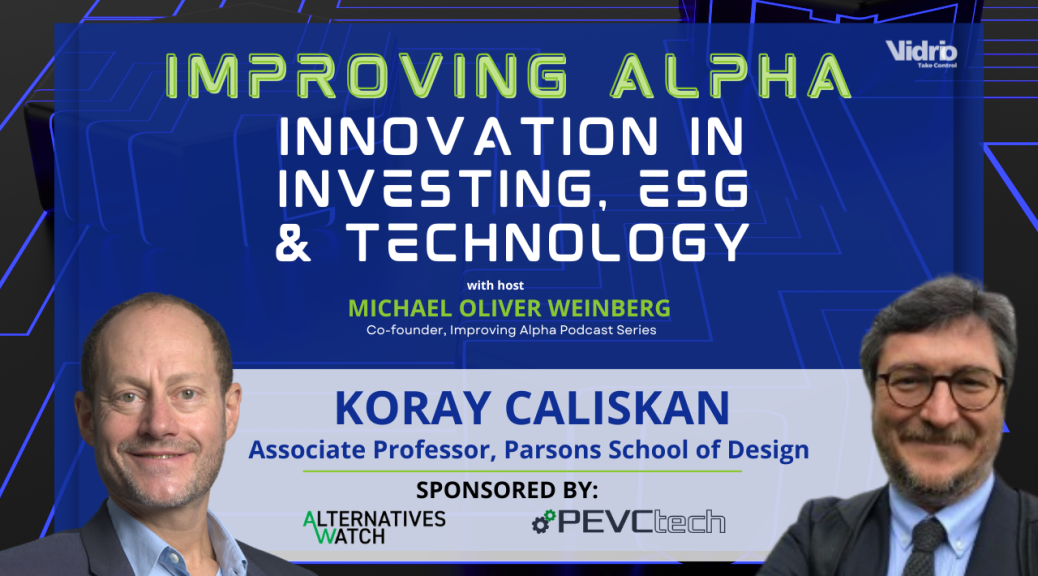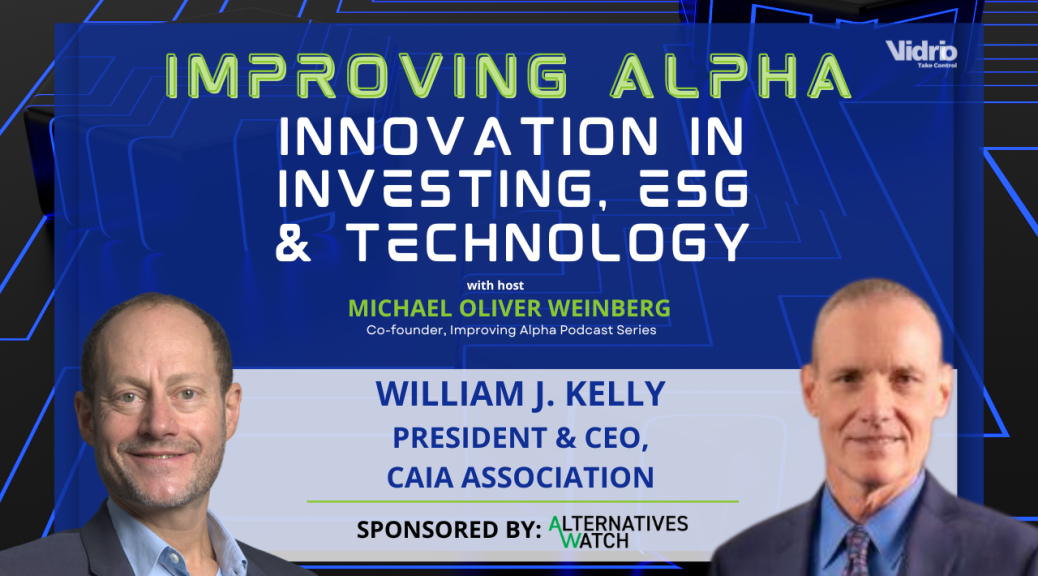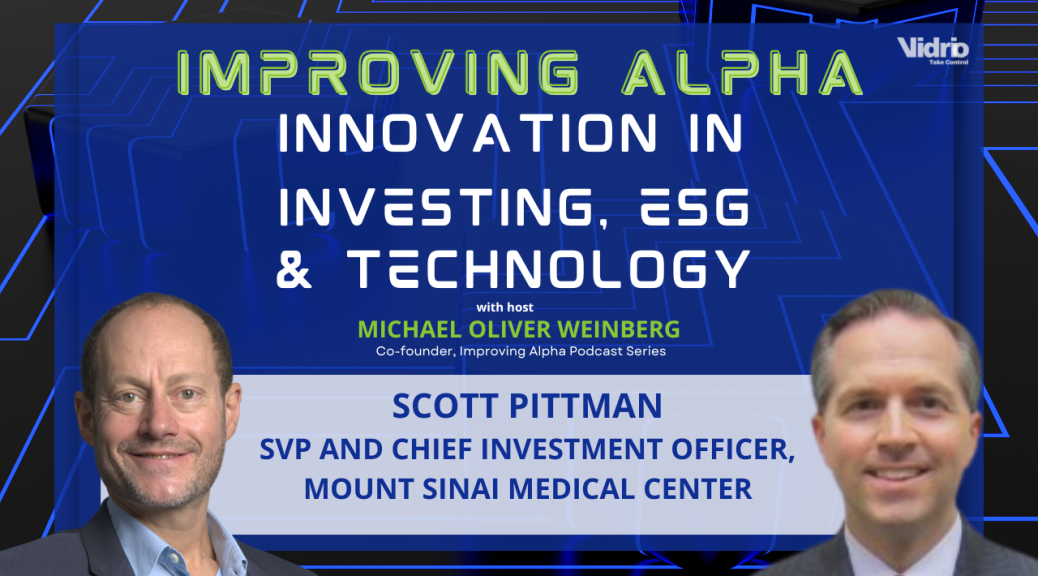
Improving Alpha: Koray Caliskan on the ‘Data Money’ of cryptocurrency and future applications
Podcast: Play in new window | Download | Embed
Back in the 16th century, when paper money made its debut in Venice, skeptics doubted it could ever replace the clinking of metal coins. Fast forward to today, and we find ourselves seamlessly blending paper, coins, and cryptocurrency. This cutting-edge currency has skyrocketed to a market capitalization of $2-$3 trillion and continues to surge. Just last month, Bitcoin values were on the brink of reaching the monumental $100K milestone.
In our latest Improving Alpha podcast, host Michael Oliver Weinberg sits down with Koray Caliskan, Co-Director, MS Strategic Design and Management, The New School Parsons to discuss more on crypto, taxation, governance, and social innovation.
Koray highlights the following:
- why are there losers and survivors in cryptocurrency and how can allocators navigate the nuances of these systems when making strategic asset allocations.
- how will the regulation of cryptocurrencies need to evolve for wider adoption and can you tax crypto with normal paper and metal money.
- his views on social innovation and why it’s so important for his students to pay attention to when choosing a career path.
- where will artificial intelligence and LLMs feature in institutional investing and how are his students applying best practices today.
- And more
Connect with Michael Oliver Weinberg:
Connect with Koray Caliskan:
About Our Guest:
With 25 years of experience in research and design, Koray is a scientist and designer who works in economies, management, and societies. His latest book is Data Money: Inside Cryptocurrencies and their Communities, Blockchains and Markets (Columbia UP). It is based on his award-winning multi-methods research, which was selected as the Scientific Breakthrough of the Year in Social Sciences and Humanities by the Falling Walls Foundation in 2021. He is also a co-founder of Mamame, a social enterprise that empowers under-represented women’s labor, and a former filmmaker whose work has been shown at the Cannes Film Festival. He is the Editor-in-Chief of the Journal of Design Strategies and an Associate Editor of the Journal of Cultural Economy.
The information covered and posted represents the views and opinions of the guest and does not necessarily represent the views or opinions of Vidrio Financial, and/or our host, Michael Oliver Weinberg. The Content has been made available for informational and educational purposes only. The Content is not intended to be a substitute for professional investing advice. Always seek the advice of your financial advisor or other qualified financial service provider with any questions you may have regarding your investment planning.
The release date may not correspond to the recording date.

